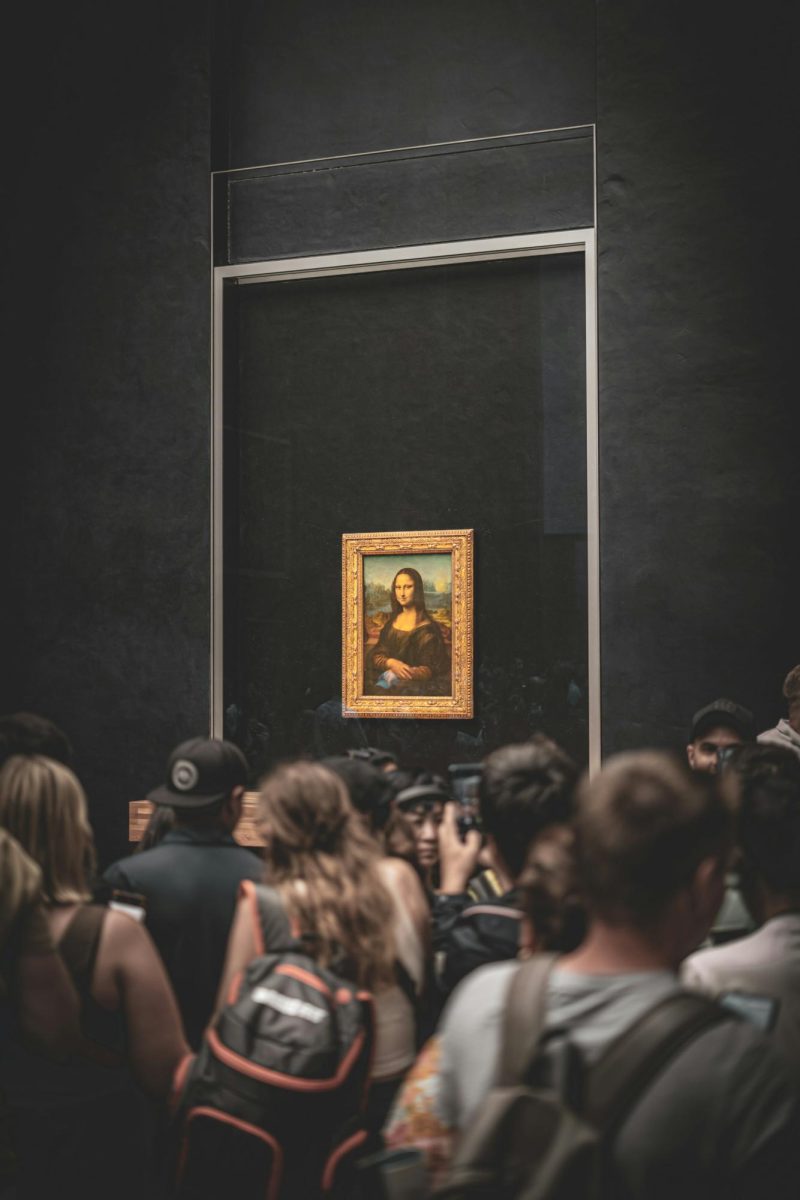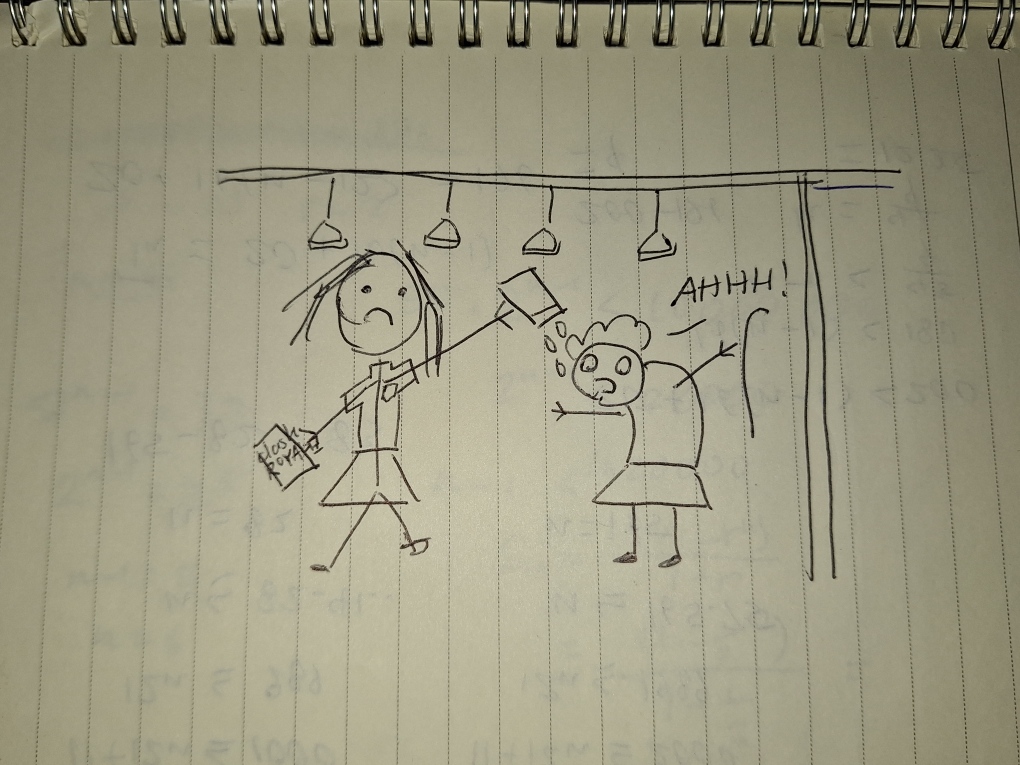Inspired by: What’s the Point? – We Are (wcc.nsw.edu.au)
Sitting in a too-bright, overly polished chapel with a small congregation of fellow church members, I seem to lose track of anything important. I can barely seem to keep myself focused on the preacher in the front as he speaks in a thunderous voice about the eternal salvation that awaits us if we dedicate our lives to Christ. He adamantly insists that the salvation he preaches about is the only way to live a fulfilling life. It is this claim that has stuck in my mind ever since.
The idea that one must turn to religion to find a purpose in life just never stuck right with me. This was largely because it just didn’t seem to be true when I looked around. I had and still have friends who are entirely content with their lack of faith. I saw them – completely content – and couldn’t believe that they had no purpose without Christ. Funnily enough, I seemed to be doing much worse than them.
I have been a Christian for about five years but have been attending churches my entire life. It isn’t reaching to say that Christianity has been a key part of my life and will be forever.
And for years, I have been told that nothing of this world can make me happy. I must focus on my faith to find a purpose. So what was I to do when I desperately needed a purpose to get up in the morning, but my faith didn’t seem to provide that?
First, I prayed. Then, I prayed. After that, I prayed more. I was internally screaming to a god who didn’t have time for me. I tried to do the right things. Maybe I just needed to read more of my Bible or go to youth group more. I wanted to find my purpose through fellowship and ministry, but it still left me empty. It gave some meaning to my life but didn’t entirely fulfill me like the church had promised.
And so, I began to look for things to fulfill me outside of the church.
The result? I found them.
I began to delve deeper into my passions, becoming involved with my school’s clubs and volunteering, hanging out with friends, watching creators I enjoyed on social media, and so many more things that I had previously kept myself from. And these things, in combination with my faith, seemed to give my life meaning. Caring for myself by doing things I love and showing compassion to others around me was what I got out of bed for. It was the little things – like bringing coffee to my friends – that made me excited.
I have realized that although many things that we humans do can seem miniscule and inconsequential in the grand scheme of things, that doesn’t mean they don’t have a purpose. I let myself feel joy through material things and temporary moments. I also let myself feel the thrill of worship and the advancement of my faith and have come to realize that both of these things can fulfill me but in different ways.
I’ve noticed that many Christians seem to think they are the only ones who can have a true meaning in their lives. This is exemplified in a sermon given by renowned pastor John Piper, in which he describes a couple, named Bob and Penny, who retired early and now spend their days relaxing, playing softball, and collecting seashells. He then calls this a tragedy.
Piper’s reasoning behind branding the couple’s restful retirement as a tragedy is that they have bought into the dream that has been sold to them: to work their whole lives just so that they can retire and collect shells. While I do agree with Piper that the traditional “American dream” of working tirelessly just so that you can hope for some relaxation when you’re older is problematic, I don’t think that religion provides a solution. Who are any of us to say that Bob and Penny didn’t feel entirely fulfilled? They could have felt like they had a great deal of purpose throughout their entire lives.
My point in saying this is to point out that while religion can provide a direct purpose for others, it doesn’t have to be that way for everyone, and we Christians should not try to scare them into thinking that they have no meaning if they aren’t a believer. Everyone is different in the way they go through their lives, and to assume that those who don’t believe the same way as you are leading purposeless lives is presumptuous and bold. While I believe that there will be a day when everyone stands before Christ and has their eternity decided, others don’t. And as much as I would like for them to, they don’t have to, and they aren’t wasting their time on this Earth by living for themselves and finding their meaning in life.
I also want to emphasize that, while religion can provide meaning for some, it is not a quick, easy fix. Many people, including me, have bought into the lie that just getting more involved in church and trying to be a better follower of Christ will help them solve their problems. And while it can help some, I know from personal experience that it is not the quick fix it is often branded as.
I have come to peace with the fact that I don’t have to live solely for my faith. I keep my eyes on God as much as possible and try my best to walk with Him, but understand that my religion is not the only thing that gives me or anyone else purpose. I find meaning through so many other small things, like noticing the beauty in the shells on the beach.







